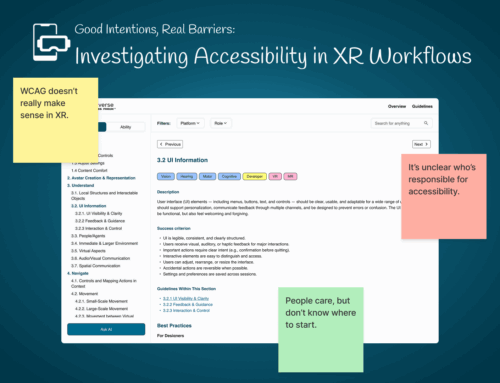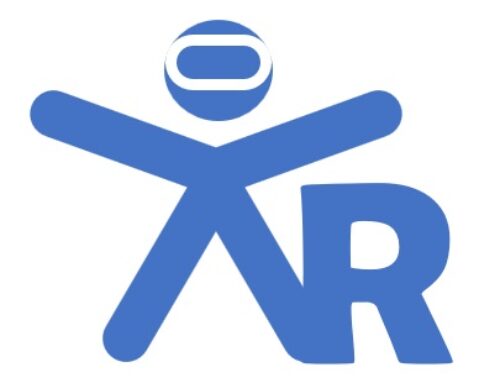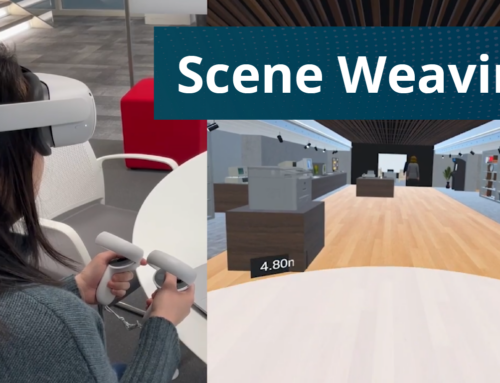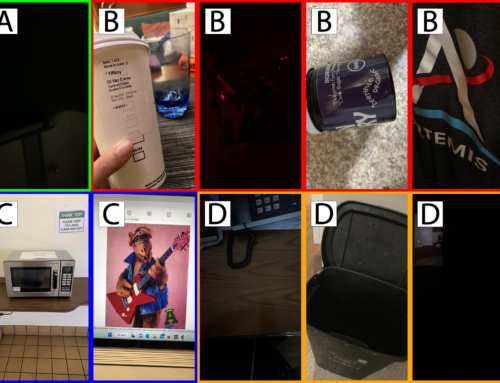CFP: Fourth Workshop on Inclusion, Diversity, Equity, Accessibility, Transparency and Ethics in XR (IDEATExR)
IDEATExR Call for Papers
Abstract
The potential benefits of XR should be for all, regardless of their cultural background, gender identity, race, neurodiversity, ethnicity, economic status, age, etc. However, our community is still facing challenges preventing equal involvement.
Most research within this space relies on the M-WEIRD user populations and is done by M-WEIRD researchers (Male, White, Educated, Industrialized, Rich, and Democratic), effectively missing most of the world’s population [1], thus hindering generalizability of findings and diversity of ideas. In fact, approximately 95% of the global population is excluded from VR research [1] and only 15% of first-paper authors at ISMAR and IEEEVR are women [2]. Moreover, the ethics informing XR research have been identified as one of the grand challenges facing human-computer interaction research today, with the replication crisis featuring transparency as a critical step for remediation. These factors make formal discussions surrounding inclusion, diversity, equity, accessibility, transparency, and ethics in XR not only timely – but necessary. And we want you to be a part of them. It’s important to note that these concerns are also relevant to technical work not involving human participants as they also play a role in research teams, ideas, proposed solutions, conduct, etc.
-
To provide a vehicle through which to understand better the pulse of the community surrounding issues of inclusion, diversity, equity, accessibility, transparency, and ethics in XR,
-
To shine a spotlight on these issues for community members who perhaps haven’t seen or given them much consideration,
-
To celebrate those that are engaging in research either true to the spirit of inclusion, diversity, equity, accessibility, transparency, and ethics in XR, or those engaging in research about these topics specifically,
-
To help researchers better understand how to ensure their work are more inclusive, diverse, equitable, accessible, transparent, and ethical, particularly in their software and study design,
-
To spotlight how people are represented in XR technologies (or not) as researchers, designers, participants, and users,
-
And to bring together disparate perspectives and research foci together under a shared goal to be inclusive, diverse, equitable, accessible, transparent, and ethical in XR. This goal can be shared by software, hardware, and human-focused researchers.
Participants in this workshop will have the opportunity to provide their insights on what is working for our community, as well as what isn’t – effectively helping to shape the future of IEEEVR and XR research.
Topics of Interest
This workshop has six facets: inclusion, diversity, equity, accessibility, transparency, and ethics. We expect researchers to submit early work that has already shown a commitment to one or more of these aforementioned facets. These could include work with diverse participants, work examining skin-tone rendering in AR, computer vision algorithms for differently-abled hands, testing of accessibility and usability of a VR app for those with different sensory abilities, etc. Further, while we anticipate this next type of paper to be rarer, we anticipate papers that feature research explicitly regarding the realm of diversity in XR. Finally, position papers informed by either survey of the literature or profound experience in the facets of this workshop are also well within our scope.
Important Dates
Paper Submission Deadline: Monday July 29th, 2024 (23:59 AoE)
Notification: Monday August 12th, 2024 (23:59 AoE)
Camera-ready version: Monday August 26th, 2024 (23:59 AoE)
Submission
Submissions must be written in English and follow the IEEE Computer Society VGTC format described at: https://tc.computer.org/vgtc/
To submit to the workshop, authors must use the form here. Submissions will be reviewed by at least 2 program committee members following a single-blind review process. Accepted papers will be given guidelines for preparing and submitting the final manuscript(s) together with the notification of acceptance.
Check out our website for more information!
Please direct any questions to Lee Lisle at llisle@vt.edu
Organizers
Citations
[2] T. C. Peck, L. E. Sockol, and S. M. Hancock, “Mind the Gap: The Underrepresentation of Female Participants and Authors in Virtual Reality Research,” IEEE Trans. Vis. Comput. Graph., vol. 26, no. 5, pp. 1945–1954, 2020, doi: 10.1109/TVCG.2020.2973498.




